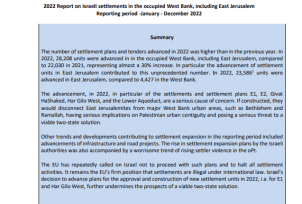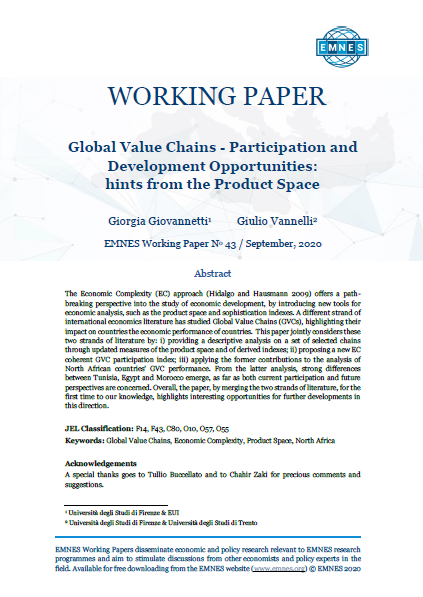Opinion Poll 2017 – regional overview (factsheet)

Polls highlight positive views of EU partnership across southern Mediterranean
Most people in the EU’s southern Mediterranean partners feel the European Union has a positive influence on development in their country, and they overwhelmingly believe EU financial support to be effective. A majority also feel their country has good relations with the EU. These are just some of the findings of the latest wave of annual opinion polls in the seven southern Mediterranean partner countries, just published by the EU Neighbours South project.
The surveys were conducted from April-June 2017 in the three Maghreb countries (Algeria, Morocco and Tunisia), and in four countries of the Mashrek (Jordan, Lebanon, the Palestinian territories, and Israel). Respondents were asked about their general perceptions of the EU and the values with which it is associated, about EU relations with their country, and the impact of EU financial support. The surveys also look at preferred sources of information, how people feel about their personal situation and the situation in their country, and their expectations for the future.
In general, citizens in the Maghreb countries were more positive about the EU and its support than those in the Mashrek, matching a more optimistic outlook about their own lives and countries.
Asked to describe relations with the EU, 76% in the Maghreb said they were good, compared to 64% in the Mashrek countries. Sixty-five per cent of those asked in the Maghreb, and 58% in the Mashrek, felt the EU had a positive influence on socio-economic development in their country, while both regions overwhelmingly saw EU financial support as being effective (88% Maghreb and 85% Mashrek).
In more general terms, 62% in the Maghreb had a positive image of the EU, compared to 44% in the Mashrek, while 22% in the Mashrek had a negative image and just 8% in the Maghreb. In both regions, the values most frequently associated with the EU were human rights and equality between men and women.
Citizens in the Maghreb countries felt EU support had contributed most to trade (37%) and tourism (33%) in their countries, while in the Mashrek education (32%) and economic development (22%) were the most frequently cited areas. In both regions, respondents want the EU to play an even greater role in promoting trade, economic development and human rights.
A majority of respondents in both regions saw the EU as an important partner (64% Maghreb, 58% Mashrek), with which their country shared sufficient common values to cooperate (60% Maghreb, 61% Mashrek).
Television remains the main source of information for news across the two regions. The survey found public TV was preferred by 54% in the Maghreb and 50% in the Mashrek, followed by private TV (44% Maghreb and 50% Mashrek). Online sources come next, but are more popular in the Mashrek (48% accessing websites and blogs for news, and 45% social media channels) than in the Maghreb (31% websites and blogs, and 28% social media channels).
People across the southern Mediterranean are generally satisfied with their lives, but more so in the three Maghreb countries (79% compared to 65% in the Mashrek). Maghreb citizens are also more optimistic for the next 12 months, with 40% expecting the economic situation to be better and 21% worse, figures reversed in the Mashrek where 43% expect the economy to be worse and just 21% better.
Latest Publications































 Syria
Syria 



